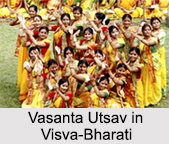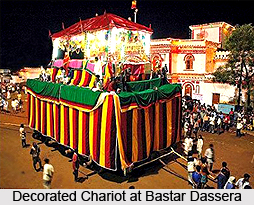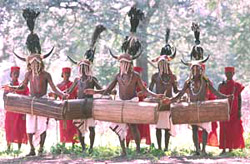Vedic Indians laid great stress on the virtue of hospitality. Even their beloved god fire is called a guest or atithi in the Rigveda. In another verse it is considered a sin to take food without feeding a hungry person. In the Atharvaveda feeding a guest, without hatred or doubt, is considered as meritorious as performing a sacrifice. The Brahmins consider feeding a guest as meritorious as worshipping God Himself, and prescribe that a great goat or a barren cow should be killed for a distinguished guest. It is stated in the Katha Upanishad that if in anyone`s house a Brahmin guest abides without food, that Brahmin guest destroys hope, expectation and result of holy association, sweet discourse, sacrifices and charities, sons and cattle of that man of little intelligence.
In the Sutras hospitality becomes one of the five daily duties of a householder. It was brahmanas and guests. A preceptor, a sacrificial priest, the father-in-law and a king were considered specially deserving of hospitality.





